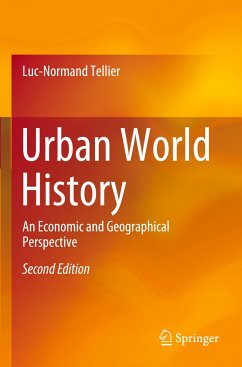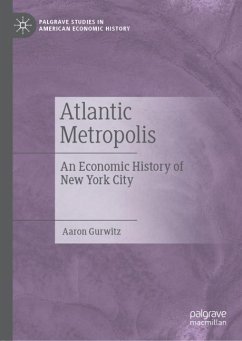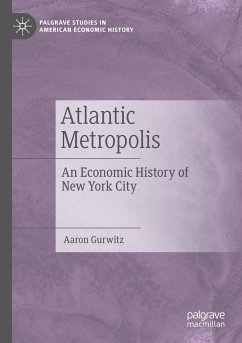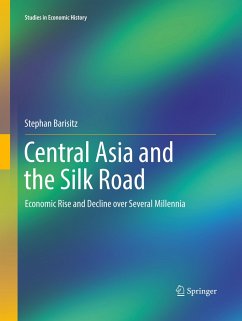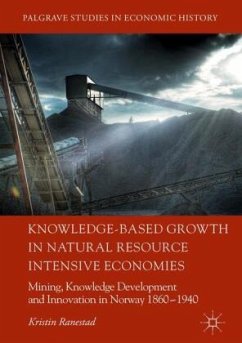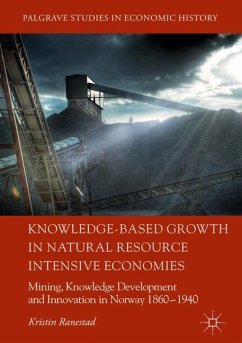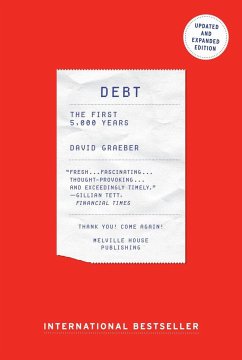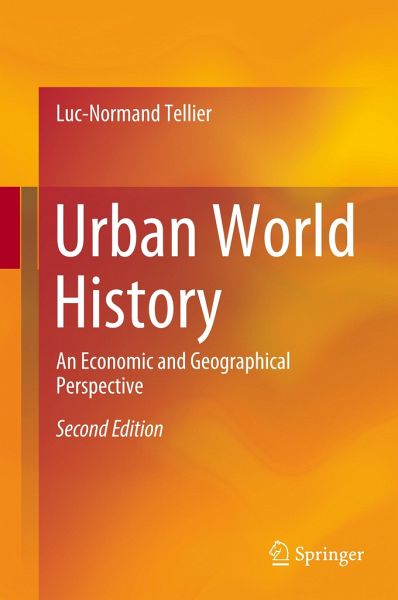
Urban World History
An Economic and Geographical Perspective
Versandkostenfrei!
Versandfertig in 6-10 Tagen
76,99 €
inkl. MwSt.
Weitere Ausgaben:

PAYBACK Punkte
38 °P sammeln!
This book seeks to deepen readers' understanding of world history by investigating urbanization and the evolution of urban systems, as well as the urban world, from the perspective of historical analysis. The theoretical framework of the approach stems directly from space-economy, and, more generally, from location theory and the theory of urban systems.The author explores a certain logic to be found in world history, and argues that this logic is spatial (in terms of spatial inertia, spatial trends, attractive and repulsive forces, vector fields, etc.) rather than geographical (in terms of cl...
This book seeks to deepen readers' understanding of world history by investigating urbanization and the evolution of urban systems, as well as the urban world, from the perspective of historical analysis. The theoretical framework of the approach stems directly from space-economy, and, more generally, from location theory and the theory of urban systems.
The author explores a certain logic to be found in world history, and argues that this logic is spatial (in terms of spatial inertia, spatial trends, attractive and repulsive forces, vector fields, etc.) rather than geographical (in terms of climate, precipitation, hydrography). Accordingly, the book puts forward a truly original vision of urban world history, one that will benefit economists, historians, regional scientists, and anyone with a healthy curiosity.
The author explores a certain logic to be found in world history, and argues that this logic is spatial (in terms of spatial inertia, spatial trends, attractive and repulsive forces, vector fields, etc.) rather than geographical (in terms of climate, precipitation, hydrography). Accordingly, the book puts forward a truly original vision of urban world history, one that will benefit economists, historians, regional scientists, and anyone with a healthy curiosity.



